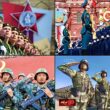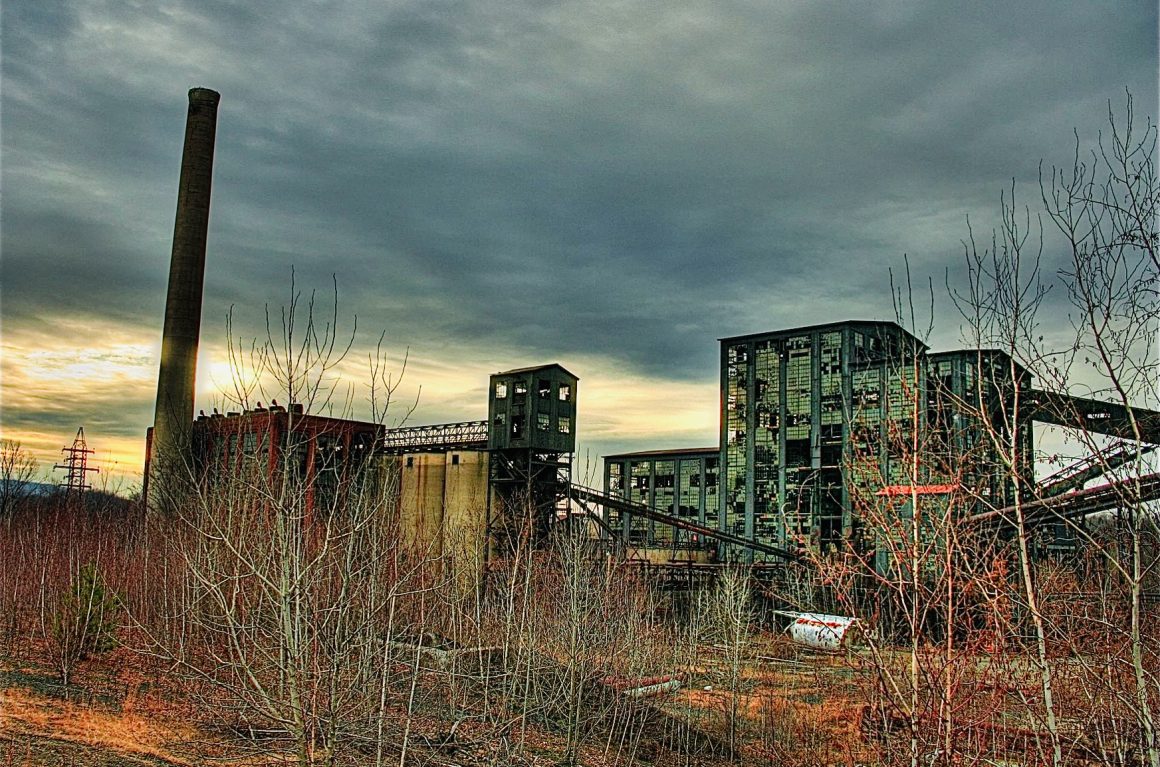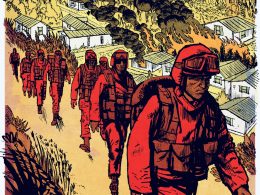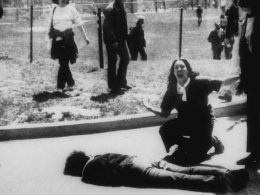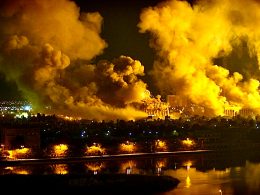Capital has created the conditions for a revolutionary class confrontation, of the nature of civil conflict, within the core of imperialism. Such an upheaval is possible in the USA, despite the country being the hub of global capitalism, because this unparalleled strength for capital is only selectively present inside its borders. With America’s deindustrialization and deepening austerity paradigm over the last half-century, the country’s robust facets of capital are concentrated in the centers of its urban areas. Outside of these tiny zones where a labor aristocracy still exists alongside an oligarchic elite, there’s a growing landscape whose people have been relegated to the peripheries of the economy. They’re unable to join the status of the diminishing minority who have a primary material interest in maintaining imperial extraction, the younger people among them being fated for a future with far lower living standards compared to past generations.
Somebody who’s trapped in this socioeconomic situation, and has no perceptible escape from it, can respond by either finding a purpose or becoming broken. This is why suicides have been rising since the beginning of the long depression in 2008, most of all among the youngest of men. In the face of the bleak reality of their conditions, they haven’t seen a point in living. This is what comes from a society where the workers are cut off both from the opportunities for a prosperous life, and from the revolutionary theory that can show them their path towards power. This theory can save lives, because it demonstrates to those who’ve been forced into the margins that they have the ability to assert agency over their surroundings. And that the fact they’re on these margins is what gives them such potential to gain leverage over the ruling class.
With theoretical knowledge comes the realization of the importance of arming oneself, or one’s personal circle. Not for the sake of some reactionary individualist survival project, but for a collective effort towards advancing society to its next stage of development. Capitalism became an outmoded system generations ago. It created the conditions for a worker-controlled paradigm by the end of the 19th century, and has only survived so long through neo-colonization projects and genocidal counterrevolutionary terror.
Since World War II, the capital of the imperial center has lost its ability to expand into new markets, forcing it into a state of inescapable contraction. The ruling class has foisted the costs of this contraction onto the workers, intensifying the exploitation of them and dismantling their social service protections. In the core, this has come along with a systematic closing down of the factories that used to provide so many jobs. These industrial centers have been relocated to the peripheries and semi-peripheries, which themselves have been subject to the processes in which rust belts get created and slums get expanded.
The first step towards revolution that this endlessly expanding divide creates is spontaneous urban uprisings, which we’ve seen in increasing frequency during the last decade. The 2020 Black Lives Matter revolt represented a cyclical peak in American unrest, but new revolts will no doubt emerge as living standard decline continues. And these revolts are only a precursor to the next insurrectionary stage anyway. As Phil A. Neel writes in Hinterland: America’s New Landscape of Class and Conflict: “For the liberal urbanist, this paralysis can appear only as the death of politics, since politics is for them simply a more participatory version of city administration taking place within the sphere of civil society. A central thesis of this book, however, is that urbicide as the product of insurrection is the point at which those excluded from the urban core and thrown out into that hinterland beyond suddenly flood back into it— this leads to the overloading of the city’s metabolism, the death of urban administration, the local collapse of civil society, and therefore the beginning of politics proper.”
This politics begins in a disorganized, unguided form. As long as it stays in this infantile developmental stage, the state can successfully wage counterinsurgency against the liberation struggle. Spontaneous revolts can’t defeat the state, they need a revolutionary party to direct their energy towards a coherent, theoretically informed type of mass mobilization. Therefore as these urban uprisings continue to batter civil society, and graduate to armed insurgencies, the job of Marxists is not to sit back and say “it looks like the system’s overthrow is coming.” Our job is to carry out the educational programs, organizing efforts, and physical training programs which are indispensable to the people’s victory. Only when we do our duties can we truly say the overthrow is on its way.
This is the aspect of theory that clarifies how to translate popular discontent about our conditions into a force which transfers authority from one class to another. The mission of the communist is to wrest state authority away from the bourgeoisie, and put it into the hands of the proletariat. Not to try to put it into the hands of the lumpenproletariat, which inevitably brings about a victory for small capital over big capital; when the criminal enterprises in Haiti have gained territory, they haven’t created workers democracy, they’ve created breakaway authorities for the benefit of rival bourgeois factions. The fact that the gangs hold great armed capacity doesn’t give them credibility in itself, because this armed force will be used against the revolution when the gangs judge that the workers movement doesn’t align with their distinct lumpen interests. The workers movement’s armed force will have to come from the trained cadres that we build ourselves.
With the expansion in the resources of our parties, and the victory for the revolutionary forces, the social base for the gangs will be made to shrink and disappear. Gangs are a spontaneously arising response to poverty. As poverty gets addressed by a revolutionary party, the people in disenfranchised communities will gain alternatives to joining the criminal element. Recognizing this practical reality will allow us to unite the different types of economically marginalized classes, and make Marxism a friend to the millions of felons who hold special potential for joining an armed revolt.
Felons in the U.S. have been disenfranchised by a cruel mass incarceration system, in addition to the socioeconomic inequality that drove them to be persecuted by the state. From a sociological perspective, this is a factor with high potential for producing such a revolt as our police state grows more militarized and brutal. The state has created a huge facet of society that would have nothing to lose in a conflict scenario. At some point, law enforcement will take its inhumanity too far, and provoke an uprising that the state has to try to put down with domestic military interventions. Which would involve further governmental atrocities, provoking the people further.
In the time between now, and the moment when this escalation in the class conflict starts, communists must work to fulfill the revolutionary potential of the hinterlands, which grows more substantial the bigger the hinterlands become. Capital’s peripheries are not yet an immediate threat to capital because they’re demobilized, and not connected to the education needed for getting large sections of society to apply revolutionary theory. Should this force within the periphery be activated, the state will face a serious challenge to its existence, and those who’ve been robbed of a purpose by their conditions will have found a purpose.
—————————————————————————
If you appreciate my work, I hope you become a one-time or regular donor to my Patreon account. Like most of us, I’m feeling the economic pinch during late-stage capitalism, and I need money to keep fighting for a new system that works for all of us. Go to my Patreon here.



